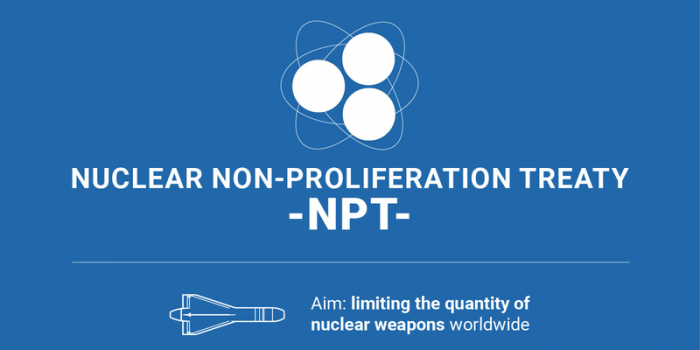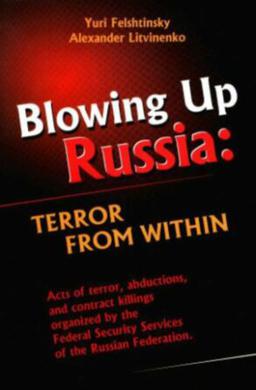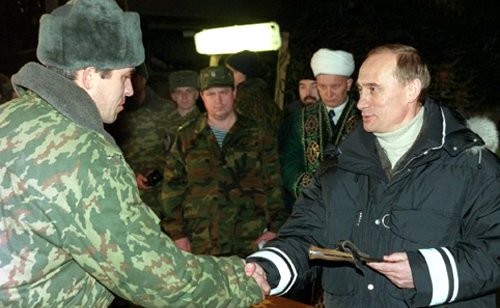Where Has This Love and Admiration Been Concealed?
Adel Bashqawi
August 29, 2024
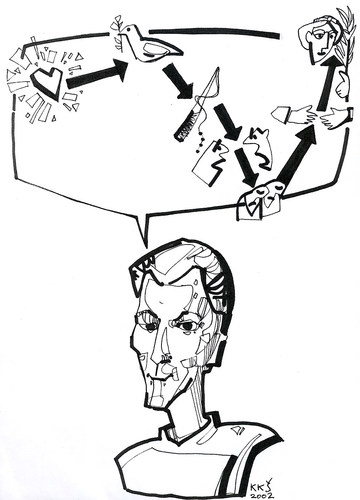
Introduction
Many complex issues have dominated the events in the Caucasus and the regional arena since the collapse and disintegration of the Soviet Union and the emergence of fifteen republics, which were described as independent. Unfortunately, one of these republics, known as the Russian Federal Republic, is federal in name only. It is the largest in both area and population, as Russia has retained dozens of peoples and nations without their permission, consultation, or prior consent, forcing them to be members of a nominal and authoritarian union. These peoples lost their freedom, their right to self-determination, sovereignty, and independence.
This situation contributes in the long run to ethnic assimilation into a single melting pot, which aids the Russian Slavic element and the Russian language and culture in prevailing. This leads to the alarming possibility that these languages of smaller peoples will sooner or later disappear, causing a gradual weakening of the multiple national cultures and languages of the non-Russian peoples in the Russian entity. Notably, UNESCO has issued an atlas of the world’s languages in danger of extinction, [1] sounding the alarm regarding these languages that are threatened with disappearance.
The Imposed Russian War on Ukraine
Amidst the turmoil caused by Russia’s war on Ukraine and the recent escalation of fighting, Ukrainian forces have crossed the Russian border and occupied parts of the Russian Kursk region. This has shown that Russian forces are in an unenviable position, after the arrogance and conceit that dominated the scene at the start of the war.
Russia has declared that the areas its forces have reached and occupied will not be relinquished, especially after occupying Crimea in 2014 and the large-scale invasion to occupy Ukraine in 2022. Thus, these areas would be annexed to the Russian state by holding rapid fictitious referendums, violating international laws and norms, and the principles of international law. It is unacceptable to seize the lands and territories of others by force, knowing that Ukraine is an independent sovereign state. Russia has breached its binding international obligations and the rules of good neighborliness.
“Russia’s annexation of Crimea and covert invasion of eastern Ukraine places an uncomfortable focus on the worth of the security assurances pledged to Ukraine by the nuclear powers in exchange for its denuclearization. In 1994, the three depository states of the Treaty on the Nonproliferation of Nuclear Weapons (NPT)—Russia, the United States, and the United Kingdom—extended positive and negative security assurances to Ukraine. The depository states underlined their commitment to Ukraine’s sovereignty and territorial integrity by signing the so-called Budapest Memorandum.” [2]
Practicing Machiavellian Policies
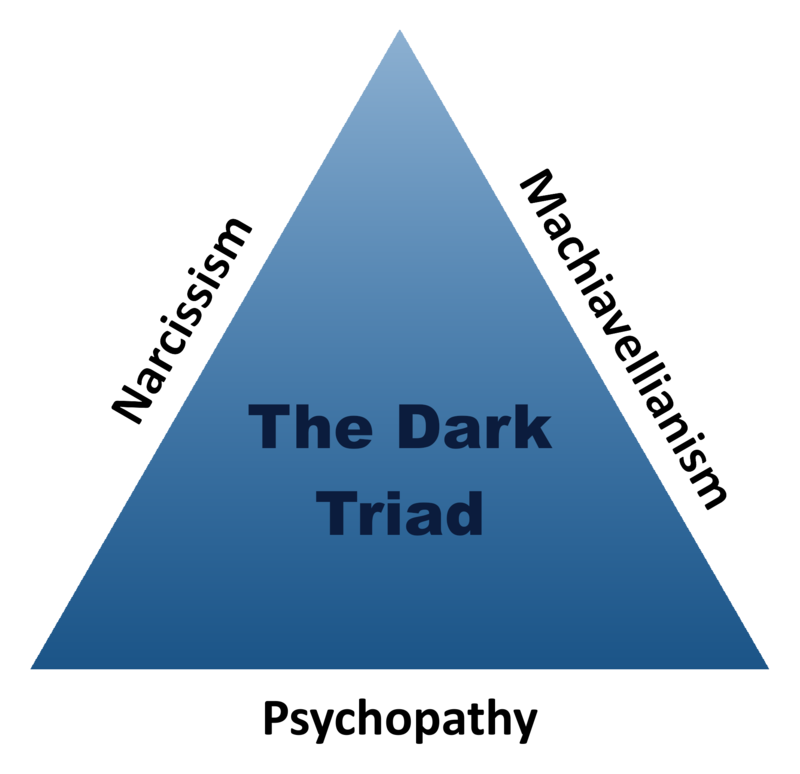
In this context, it is necessary to shed light on the Machiavellian policy followed by the Russian state in dealing with the peoples subject to it on one hand, and with other peoples on the other hand. This approach allows the possibility of turning a bitter enemy into a friend, even if reluctantly, and vice versa.
However, sound logic must resist submission and surrender to brutality and discouragement of people’s resolve. The Chechen soldiers being recruited and herded like sheep to be sacrificed in a futile and stumbling war are the descendants of those who were exposed to one of the worst racist Russian military campaigns, involving killing, destruction, and genocide, which continued between 1999 and 2009. It is worth noting that the ruling class and the favored ones who were and still are loyal to the invading forces and cooperated with them were not affected as the vast majority of the people were.
This is nothing but the practice of Machiavellian policy, summarized as “a personality trait characterized by manipulativeness, deceitfulness, high levels of self-interest, and a tendency to see other people as means to an end. People who display especially elevated levels of Machiavellianism—referred to by some psychologists as high-Mach—lack empathy and take a cynical, unemotional view of the world; their primary interests center on power and status, and they’ll do whatever is necessary to achieve their goals.” [3]
Vladimir Putin in Surprise Trip to Chechnya
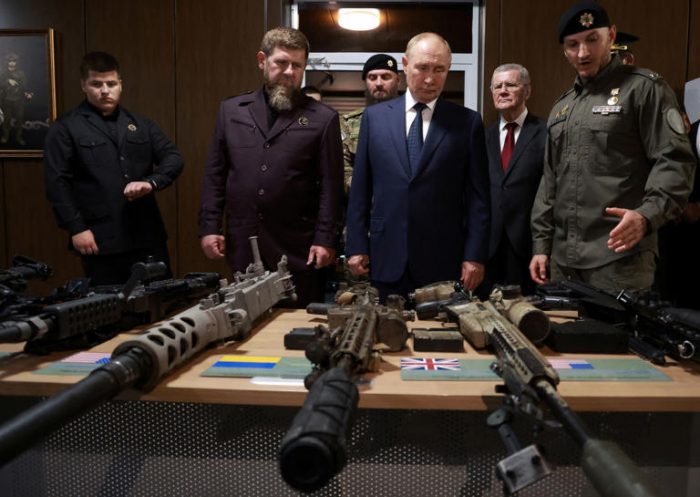
As the fighting intensified on the Ukrainian front and the losses of lives and property increased, Russian forces needed to recruit more soldiers. The authorities have thus been recruiting more recruits, especially from non-Russian peoples, which has led to increased loss of life due to the raging war.
Young people from the peoples of the North Caucasus and dozens of other groups have been recruited. Interestingly, the pro-Moscow Chechen ruler, who aligns with the Russian leadership in both good and bad, has sent his forces to fight on the Ukrainian front since the outbreak of the war, where they have suffered many casualties.
In a surprising development, President Vladimir Putin made an unexpected and unannounced visit to the Chechen capital, Grozny, where he was received by Ramzan Kadyrov. They reviewed matters of common interest regarding the deployment of Chechen forces to participate in the fighting. It was announced that more Chechen forces would be sent to fight alongside Russian forces in Ukraine. It seems they overlooked all the verbal abuse directed at the Chechens by various Russian leaders when the Second Chechen War broke out, in addition to the killing, destruction, genocide, and displacement caused by the battles, air strikes, and Russian missiles against the Chechen people.
“Russian President Vladimir Putin and Chechen leader Ramzan Kadyrov on Tuesday (Aug 20) inspected Chechen troops and volunteers readying to fight Ukraine, the Kremlin said, in what was Putin’s first trip in 13 years to the North Caucasus republic. The previously unannounced trip to the mostly Muslim republic that is part of Russia comes as Moscow fights to push Ukrainian forces out of its Kursk region two weeks after they smashed through the border in the largest invasion of Russia since World War Two.” [4]
Russian Involvement in Ukraine
In light of Russia’s military adventures since the Second Chechen War, the war with Georgia in 2008, the occupation and annexation of Crimea in 2014, its involvement in Syria since 2015, and the Wagner mercenaries’ activities in African countries, particularly Libya, the question arose: “Will the Russian army once again use the brutal tactics it used in the Chechen war?” The answer came swiftly in February 2022, with Russia’s invasion of Ukraine and the attempt to annex it to the Russian state under flimsy, illogical, and even naive pretexts.
This issue is not new but dates back to 2014. “Various reports from Ukraine, Russia, and Chechnya indicate that there is Chechen involvement in the military operations in Eastern Ukraine supporting the pro-Russians… Russia wants to gain support on religious grounds and plans to win Western sympathy; the problem for Russia and for the West is portrayed as if it is coming from Muslims or Islam, even though there is a long Russian history of political murders against politicians, journalists, and human rights activists both inside and outside of Russia.” [5]
Fabricating Excuses and Acting Accordingly
It was neither difficult nor impossible to fabricate a reason to antagonize Russian officials. The intention was to provoke the Russians and prompt them to demand a declaration of war on those who sought nothing but freedom, the right to self-determination, and independence for their homeland. Chechnya had been occupied and annexed by Russia in the nineteenth century. However, the Chechens managed to liberate their homeland in the First Chechen War (1994-1996), regaining their freedom and the right to self-determination leading to independence. However, deceptive scenarios and conspiracies were hatched to reoccupy and re-annex Chechnya to Russia.
The book Blowing Up Russia by Alexander Litvinenko & Yuri Felshtinsky [6] clearly indicates beyond doubt, based on reliable sources, that this conspiracy, according to the book and insider accounts from former KGB/FSB members, was a setup to create explosions to justify the Second Russian-Chechen War. This military adventure aimed at circumventing and canceling all the agreements that the Kremlin had signed during Boris Yeltsin’s era with the Chechen independence government, which would have led to the exercise of the right to self-determination and independence.
“The security services run riot include fabrication of news and charges. The Moscow detectives take on the FSB explaining how the Moscow Department of the FSB had been transformed into a gang of criminals. The political goals of the second Chechen war were far more serious: besmirched by the genocide of one of the nations of the Caucasus, Russia would be excluded for decades from the community of civilized nations by her own actions. The FSB fiasco in Ryazan elaborates on how Ryazan FSB operatives were spotted planting sugar sacks containing hexogene in the dormitory district of Dashkovo-Pesochnya. The perpetrators of the terrorist attacks in Buinaksk, Moscow, and Volgodonsk were never found, and we can only guess at who was behind the attacks by analogy with the events in Ryazan, 1304 [7]stating that on September 24, like a chorus in some well-planned stage performance, Russian politicians begin demanding war, reaching the conclusion that when the guns roar, the public prosecutors fall silent.” [8]
Tactics Used to Implement the Colonial Plan
Vladimir Putin intended to reflect and reveal his deep hatred that was in his thoughts and plans. He inappropriately uttered a phrase showing his desire to eliminate his opponents even in the most degrading circumstances. In addition to launching violent air raids, long-range artillery, and missile bombardments, which left no place in Chechnya untouched, the Russian military operations killed, exterminated, and displaced thousands of Chechens. The scorched-earth policy devastated everything in its path during the advance of tanks and machinery. “We will pursue the terrorists everywhere. You will forgive me, but if we catch them on the toilet, we will wipe them out in the outhouse,” he said in September, in what for most Russians is his most memorable quote. [9]
What does it mean when the Head of the Russian regime personally presents special commemorative daggers at a famous banquet held on or near the battlefield, in the presence of Akhmad Kadyrov, who was the Mufti of Chechnya during the independence era, to honor the Russian military service members and those who executed the invasion orders? The Russian army committed crimes of mass destruction at the time, killing and displacing the members of the Chechen public, who have endured much harm and oppression.
As the Second Chechen War continued, on New Year’s Day in 2000, Russian Prime Minister and Acting President Vladimir Putin made a brief working trip to Gudermes to personally present awards and medals to Russian military personnel serving in Chechnya. During the visit, he met with former Mufti of Chechnya Akhmad Kadyrov, who was Putin’s top official in Chechnya and was later appointed as the president of the Chechen Republic. “Acting President Vladimir Putin presented state awards to military personnel of the joint group of federal forces in the North Caucasus… Mr. Putin… presented military personnel with hunting knives inscribed with From the Prime Minister of the Russian Federation.” [10]
“It was the first war Putin waged, first as prime minister, then as president after May 2000. The Russian air force began bombing areas on the Chechen border in August 1999. Over the course of the following September, Russian fighter jets flew 1,500 sorties into Chechnya and the neighboring republic of Dagestan. On Oct. 1, soldiers crossed the border on Putin’s orders.” [11]
As tension and threats reached unprecedented levels, “Russian forces have indiscriminately and disproportionately bombed and shelled civilian objects, causing heavy civilian casualties. The Russian forces have ignored their Geneva convention obligations to focus their attacks on combatants and appear to take few safeguards to protect civilians: It is this carpet-bombing campaign which has been responsible for the vast majority of civilian deaths in the conflict in Chechnya.” [12]
“Russian forces have used powerful surface-to-surface rockets on numerous occasions, causing death tolls in the hundreds in the Central Market bombing in Grozny and in many smaller towns and villages… The bombing campaign has turned many parts of Chechnya into a wasteland: even the most experienced war reporters I have spoken to told me they have never seen anything like the destruction of the capital Grozny… Russian forces have often refused to create safe corridors to allow civilians to leave areas of active fighting, trapping civilians behind front lines for months.” [13]
The FSB’s continuous instigation, after former KGB/FSB associate Vladimir Putin had incited and called for the return of the Russian army to occupy and re-annex Chechnya to Russia, paved the way for committing disastrous atrocities. “Not even Vladimir Putin could sugarcoat the scene when he flew over Grozny in a helicopter in 2004. The Chechen capital looked horrifying,” the Russian president declared. A year earlier, the U.N. had declared Grozny to be the most severely destroyed city in the world.” [14]
Suppression and Killing of Journalists Seeking the Truth

Among the authoritarian and coercive policies pursued by the Russian regime in various parts of the North Caucasus and beyond, media outlets are closed, and their journalists are brought to trial on fabricated charges. Journalists are silenced to prevent them from conveying the truth to the public. The authorities also close the door to freedom of expression and to opposing the government in any way possible. When the authorities are unable to spread their propaganda, they show their frustration by eliminating journalists, often in brutal ways. A famous example is Anna Politkovskaya, a journalist and human rights activist, who was a strong opponent of the Chechen War; but, after surviving several assassination attempts, she was eventually murdered on October 7, 2006. She fell victim to the lofty humanitarian principles in which she had always believed.
Anna Politkovskaya “was best known for her investigative reporting on human rights abuses by the Russian military in Chechnya. During her seven years covering the Second Chechen War, Politkovskaya’s reporting repeatedly drew the ire of Russian authorities. She was threatened, imprisoned, forced into exile, and poisoned during her career, according to research by the Committee to Protect Journalists.” [15]
The Committee to Protect Journalists has published on its website that “57 journalists were killed” by December 2006. [16] In the same context, recent figures in 2024 indicate that “more than 100 journalists became victims of Russian crimes during two years of covering the war in Ukraine.” [17] Also, to be meticulous and precise, an up to date information shows “ the list of influential Russians who have been killed or died in murky circumstances after opposing, criticizing, or crossing Russian President Vladimir Putin, the Kremlin, or the state is long. And it just got longer.” [18]
Late President Dzhokhar Dudayev’s Reading of the Future
Russia’s policies constantly adapt to current events and developments. Their grand ambitions far exceed previous expectations whenever possible, depending on the requirements and objectives of maintaining Russian colonialism. Even if the price is to offend others, late Chechen President Dzhokhar Dudayev astutely observed this through his knowledge and experience of the regime in which he lived and grew up. He commented on Russian behavior and methods of creating relationships that have become part of their nature and characteristics.
It is not surprising that consistent patterns in colonial policies and their behavior are chameleon-like, changing colors and shedding skin like a snake, when rapprochement with Europe, the West, or any appropriate party is needed to achieve profits and gains while maintaining colonies at any cost. However, without mentioning that part of the colonial policy will be practiced in the manner of “divide and rule” between members of the same Chechen nation, thus maintaining the objectives of colonialism whenever necessary.
Commenting on the failure, defeat, and withdrawal from Afghanistan, the Late President said: “They decided to change their policy, and began to win Europe over to their side, and began to flirt with Europe to increase their presence to the Indian Ocean, the Middle East, the Bosphorus, the Red Sea, then finally slap Europe.” He continued: “Afghanistan, then other obstacles, and now Ichkeria. Ichkeria knocked down their appetites but did not stop them.” Amazingly, as if in 1995, he could read the future and saw what would happen from 2014 onwards. He added: “There will be a massacre in Crimea, Ukraine, and Russia will clash in an irreconcilable conflict. As long as Russism** exists, it will never give up its ambitions. So now they are playing the Slavic card. Again, they want to subjugate Ukraine and Belarus, as before, to get stronger and so on.” [19]
** Russism means (Submission to Russian influence and control over all walks of life).
“It is just as difficult and dangerous to try to free a people that wants to remain servile as it is to enslave a people that wants to remain free.” [20] — Niccolò Machiavelli
**********************
Sources:
[1] https://unesdoc.unesco.org/ark:/48223/pf0000187026
[3] https://www.psychologytoday.com/us/basics/machiavellianism
[5] (Circassia: Born to be Free, p. 511, Adel Bashqawi)
[6] https://www.theguardian.com/theobserver/2007/jan/21/politics
[7] https://felshtinsky.livejournal.com/707.html
[8] (Circassia: Born to be Free, p. 513, Adel Bashqawi)
[9] https://www.latimes.com/archives/la-xpm-2000-jan-01-mn-49592-story.html
[10] https://www.latimes.com/archives/la-xpm-2000-jan-01-mn-49592-story.html
[11] http://en.kremlin.ru/events/president/news/37353
[12] https://www.hrw.org/news/2000/02/29/war-crimes-chechnya-and-response-west
[13] https://www.hrw.org/news/2000/02/29/war-crimes-chechnya-and-response-west
[14] https://www.nzz.ch/english/the-chechen-war-as-a-model-for-putins-next-steps-in-ukraine-ld.1673308
[15] https://justicefornorthcaucasus.info/?p=1251674275
[17] https://rsf.org/en/more-100-journalists-victims-russian-crimes-during-two-years-covering-war-ukraine
[18] https://www.rferl.org/a/enemies-kremlin-deaths-prigozhin-list/32562583.html
